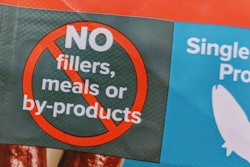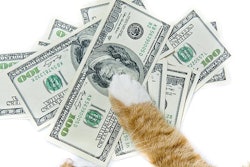
In 2015, Packaged Facts analysts noted that for the past decade, premiumization has been driving much of the pet market growth. While consumers still want more premium pet foods, now in 2018, private label premium pet foods distributed by online retailers threaten to erode the profitability of premiumization.
From 2015 - Report: 4 key trends driving $15 billion US pet market
Pet food premiumization in 2015
Premiumization especially drives increased pet food sales (at least in dollars if not in units) of high-end pet products, wrote Packaged Facts pet food market researchers in the 2015 report, “Pet Supplies in the US, 10th Edition.” Most industry experts view the trend as critical to maintaining growth and profit as margins on premium pet product lines can be considerably higher than for standard brands. Natural pet products are a key target for premiumization, and consumers continue to look for natural products in the non-food pet products space. Pet health is another key medium for justifying market-supporting higher prices for premium products, and virtually all pet product marketers are focusing more intensively on pet health. Pet owners are willing to spend more if they believe that the products offer health and wellness benefits.
Amazon, Chewy private label pet foods threaten profits
Private label pet foods from Amazon and Chewy threaten established brands by leveraging their online sales platform to boost visibility, wrote Gartner L2 analysts in the report “Digital IQ Index: Pet Care U.S. 2018.” As more pet owners look to purchase pet food over the internet, online retailers increasingly have opportunities to boost exposure of their own brands by featuring those dog and cat foods in sponsored advertisements, on homepage displays and through other means. The ability of online retailers to undercut premium pet foods with their own brands threatens the profitability of pet food premiumization, which currently drives pet food sales value growth while volume growth stagnates.

















